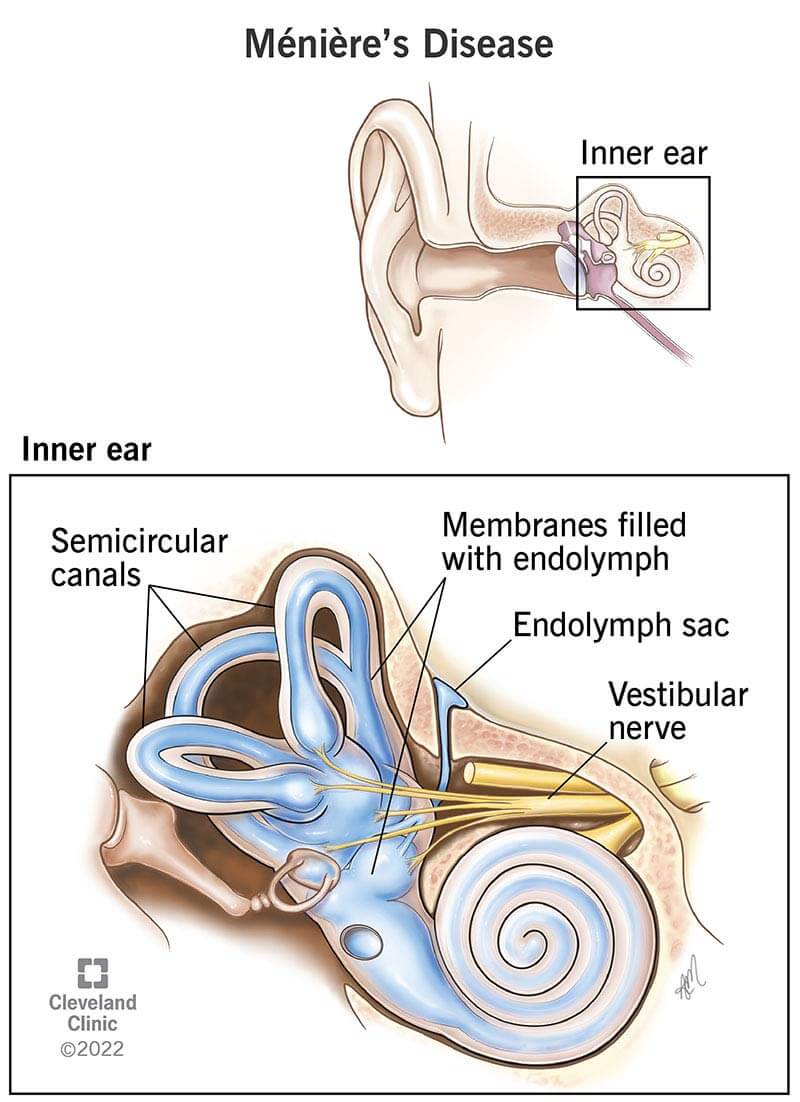A nurse is caring for a client who is to undergo a liver biopsy. Which of the following instructions should the nurse provide to the client following the procedure?
“Lie on your left side.”
“Lie on your right side.”
“Increase your fluid intake.”
“Decrease your fluid intake.”
The Correct Answer is B
Choice A Reason
“Lie on your left side.” This statement is incorrect. After a liver biopsy, the client should lie on their right side to apply pressure to the biopsy site and help prevent bleeding.
Choice B Reason
“Lie on your right side.” This is the correct instruction. Lying on the right side helps compress the liver biopsy site, reducing the risk of bleeding and promoting clot formation.
Choice C Reason
“Increase your fluid intake.” This statement is not specifically related to post-liver biopsy care. While staying hydrated is generally good advice, it is not a primary instruction for post-biopsy care.
Choice D Reason
“Decrease your fluid intake.” This statement is incorrect. There is no need to decrease fluid intake after a liver biopsy. Proper hydration is important for overall health and recovery.
Nursing Test Bank
Naxlex Comprehensive Predictor Exams
Related Questions
Correct Answer is C
Explanation
Choice A Reason:
Taking aspirin is generally not recommended for pain management in polycystic kidney disease (PKD) patients. Aspirin can cause gastrointestinal bleeding and may affect kidney function, which is already compromised in PKD patients. Instead, acetaminophen is often recommended for pain relief.
Choice B Reason:
Reducing dietary fiber intake is not typically advised for PKD patients. In fact, a balanced diet with adequate fiber is important for overall health and can help manage symptoms such as constipation, which can be a concern for PKD patients.
Choice C Reason:
Applying dry heat to the abdomen can help alleviate pain associated with PKD. Heat therapy can relax muscles and reduce discomfort caused by the enlarged kidneys and cysts. This non-pharmacological approach is safe and can be effective in managing pain.
Choice D Reason:
Checking weight once per week is not sufficient for PKD patients. Regular monitoring of weight is important to detect fluid retention and other complications. It is generally recommended to check weight more frequently, such as daily, to promptly identify any significant changes.
Correct Answer is D
Explanation
Choice A Reason
Maintain strict bed rest. This intervention is not typically recommended for managing Ménière’s disease. While rest during acute vertigo episodes is important, strict bed rest is not necessary and can lead to other complications such as muscle atrophy and decreased mobility.
Choice B Reason
Restrict fluid intake to the morning hours. This statement is incorrect. Fluid intake should be evenly distributed throughout the day to help manage the symptoms of Ménière’s disease. Restricting fluids to the morning hours can lead to dehydration and does not effectively manage the condition.
Choice C Reason
Administer aspirin. This intervention is not recommended for Ménière’s disease. Aspirin can worsen tinnitus, a common symptom of Ménière’s disease, and is generally avoided in these patients.
Choice D Reason
Provide a low-sodium diet. This is the correct intervention. A low-sodium diet helps reduce fluid retention in the body, which can decrease the pressure in the inner ear and help manage the symptoms of Ménière’s disease. Reducing sodium intake to 1,500-2,000 milligrams per day is often recommended.

Whether you are a student looking to ace your exams or a practicing nurse seeking to enhance your expertise , our nursing education contents will empower you with the confidence and competence to make a difference in the lives of patients and become a respected leader in the healthcare field.
Visit Naxlex, invest in your future and unlock endless possibilities with our unparalleled nursing education contents today
Report Wrong Answer on the Current Question
Do you disagree with the answer? If yes, what is your expected answer? Explain.
Kindly be descriptive with the issue you are facing.
